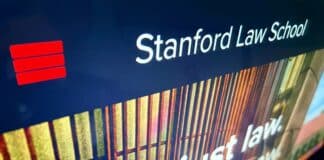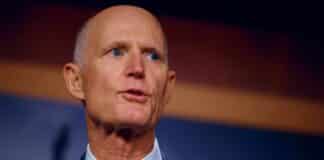The U.S. Supreme Court has agreed to hear the case Catholic Charities Bureau, Inc. v. Wisconsin Labor Review Commission et al., which involves the Catholic Charities Bureau’s request for a religious tax exemption in Wisconsin. The case centers on whether Catholic Charities should be exempt from paying into the state’s unemployment insurance program due to its religious nature.
In 2016, Catholic Charities requested an exemption from the Wisconsin Department of Workforce Development (WDW), citing its religious status. However, the WDW denied the request, arguing that the charity was not primarily religious. After an administrative law judge reversed the ruling in favor of Catholic Charities, the Wisconsin Labor and Industry Review Commission ruled against the charity, claiming its activities were mainly secular.
In March, the Wisconsin Supreme Court ruled 4-3 that Catholic Charities was not a religious entity and thus ineligible for the exemption. Justice Ann Walsh Bradley, in the majority opinion, stated, “CCB and the sub-entities… neither attempt to imbue program participants with the Catholic faith nor supply any religious materials to program participants or employees.”
She concluded, “An objective examination of the actual activities of CCB and the sub-entities reveals that their activities are secular in nature.”
Eric Rassbach, vice president of Becket, the law firm representing Catholic Charities, expressed confidence in the Supreme Court’s intervention, saying, “Wisconsin is trying to make sure no good deed goes unpunished… We are confident the Supreme Court will reject the Wisconsin Supreme Court’s absurd ruling.”
The petition to the Supreme Court argued that Catholic Charities is deeply impacted by paying into the unemployment program, stating, “Religious bodies like Petitioners are deeply affected, having to pay unemployment taxes that otherwise could be helping the needy.” Additionally, it noted that the charity’s inability to participate in its church’s own unemployment system caused further harm.





